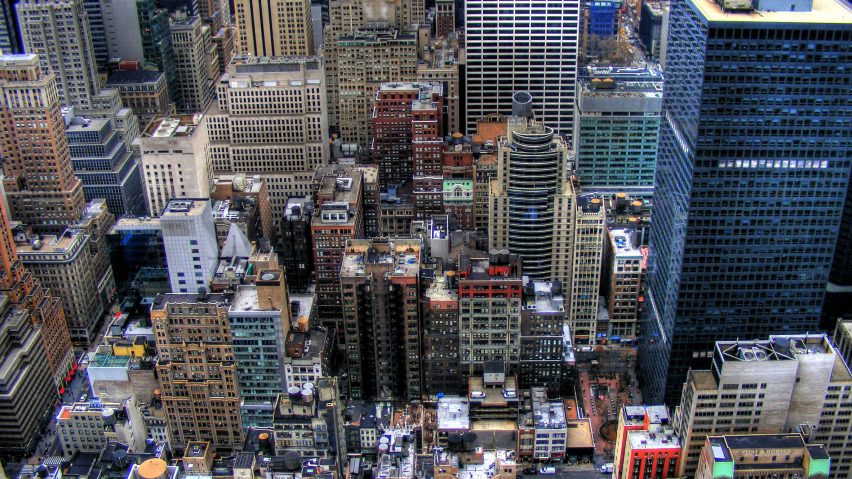
New York's "visionary" All-Electric Building act prohibits the use of fossil fuels in new buildings
New York has passed a bill that prohibits fossil fuels being used for power, heating and cooking in new buildings constructed in the state, setting "a new standard for the future of building design" according to AIA New York president Matt Bremer.
Originally introduced to the New York State Senate in 2021 by senator Brian Kavanagh, the All-Electric Building Act prohibits the use of fossil fuels such as oil and gas in the operational infrastructure of new buildings in the state.
"New York has once again taken a massive, nation-leading step forward in our fight against climate destruction," said Kavanagh.
"By prohibiting the use of fossil fuels in new construction, we are not just curbing the environmental impact of our building stock, but transforming the future of New York's green economy."
Bill prohibits "installation of systems that can be used for the combustion of fossil fuels"
Under the law, local authorities must prohibit the "installation of systems that can be used for the combustion of fossil fuels in new construction".
It will go into effect for new single-family residences and low-rise buildings under six storeys built after 2023 and for all remaining buildings in July 2027.
In the bill, the drafters cited a US Energy Information Administration statistic, which asserts 28 per cent of the nation's energy usage and greenhouse gas emissions come from buildings.
"We applaud the passage of the All-Electric Buildings Act"
The bill was welcomed by the American Institute of Architects (AIA).
"We applaud the passage of the All-Electric Buildings Act," said AIA New York president Matt Bremer. "This visionary legislation will set a new standard for the future of building design and construction in our state and serve as an example for others to follow."
"As architects, we are eager to take on this challenge and design buildings that are sustainable and resilient as well as beautiful and functional and that will benefit all New Yorkers for generations to come," he continued.
There are a few exemptions to the rule that provide allowances for backup generators for buildings such as commercial food establishments, laboratories and hospitals but only in an "area of such building where it is technically infeasible to prohibit fossil fuel usage".
Fossil fuel usage in buildings is only one aspect of the drive to make architecture more sustainable. In recent years, architects and critics have been highlighting the need to reduce "embodied carbon" – or the amount of carbon that goes into the extraction, transportation and construction of materials used in buildings.
Prior to the bill's passage, a number of all-electric building proposals have been put forward for large-scale projects, such as UK studio Foster + Partners' design for a supertall skyscraper in Manhattan.
Header photo by Chris Isherwood.